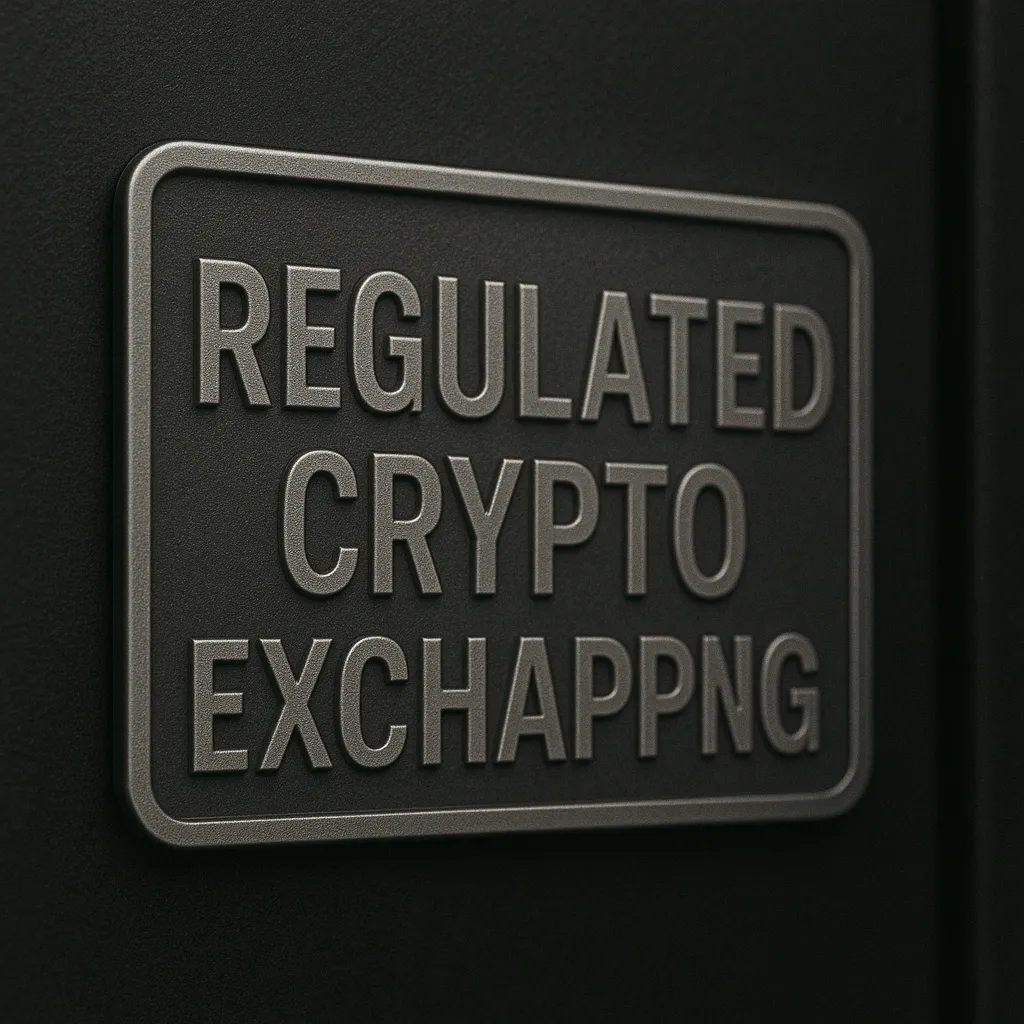
The Vital Role of Regulated Crypto Exchanges
In the rapidly evolving landscape of digital finance, the significance of a regulated crypto exchange has become inescapable. As cryptocurrencies transition from niche assets to mainstream investment vehicles, the need for platforms that provide security, transparency, and regulatory compliance grows ever more pressing.
A regulated crypto exchange operates under the oversight of financial authorities, adhering strictly to laws designed to protect investors and maintain market integrity. This regulatory framework is especially crucial in an industry that has historically battled concerns about fraud, market manipulation, and money laundering.
Investors flock to regulated exchanges because they offer a safer environment. Unlike unregulated platforms, where the risk of loss due to cyberattacks or mismanagement is higher, regulated exchanges are compelled to implement robust security measures and maintain sufficient capital reserves. These mandates not only safeguard users’ funds but also underpin confidence in the broader crypto ecosystem.
Regulation also introduces a degree of transparency to operations. Regular audits, mandated reporting, and compliance checks guarantee the integrity of an exchange's activities, a crucial aspect in markets susceptible to volatility and misinformation. Users foster trust and encourage sustained participation when they are aware that their platform adheres to high legal and ethical standards.
One of the cornerstone requirements is adherence to Know Your Customer (KYC) and Anti-Money Laundering (AML) regulations. These rules compel exchanges to verify the identities of users and monitor transactions for suspicious activity. Such measures help prevent illicit activities, including terrorist financing and financial crimes, protecting not only the market but also global financial stability.
Equally important is the benefit regulation brings to institutional investors. Hedge funds, family offices, and even pension funds prioritize exchanges that operate within the law to mitigate compliance risk. Their participation adds much-needed liquidity and maturity to crypto markets, reducing swings that can deter less experienced investors.
While critics sometimes decry regulation as stifling innovation or raising barriers to entry, the reality is more nuanced. Clear legal parameters inspire innovation by providing a predictable environment in which new products and services—such as crypto ETFs and custody solutions—can flourish. Conversely, a lax regulatory environment fosters uncertainty and can invite unscrupulous behavior, ultimately damaging all participants.
In the UK, the Financial Conduct Authority (FCA) has taken measured steps to regulate crypto assets and exchanges, balancing consumer protection and market growth. Licensed firms must comply with stringent operational standards and reporting duties, positioning the UK as a leader in responsible crypto adoption.
Looking ahead, as governments worldwide draft clearer crypto laws, the number of regulated crypto exchanges will This approach will facilitate fiat-to-crypto conversion, widen access, and accelerate the integration of digital assets into daily commerce.
For the average investor, choosing a regulated crypto exchange is now best practice. It ensures safer transactions, recourse to protection mechanisms, and aligns participation with broader financial regulations. The rA regulated crypto exchange is not only a platform but also a cornerstone of trustworthiness in the digital economy.
In conclusion, as cryptocurrencies shape the future of finance, regulated crypto exchanges provide indispensable stability, security, and transparency. Their rising prominence signals a pivotal advance in legitimizing and sustaining the vibrant world of digital asset trading.
Stay on top of any cryptocurrency news by following us on X @ouinex